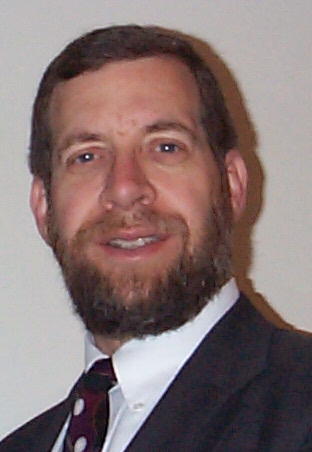The Nationals Are Coming, The Nationals Are Coming!

The spring national scholastic championships are just about here. The 2008 National Junior High School Championship takes place first, from April 4-6, in Dallas. On April 18-20, the 2008 National High School Championship is scheduled in Atlanta, while the 2008 National Elementary School Championship will be battled in Pittsburgh from May 9-11.
Elizabeth Vicary, one of America's top female players and coach of the strong and deep I.S. 318 team from Brooklyn, has written an excellent preview article at Chess Life Online. She analyzes the competition and presents her predictions for the top teams. More importantly, however, she gives us an inside look at how she prepares her own team.
Elizabeth explains how she works with her students to strengthen their basic opening strategies. Then she covers how she reviews a short game, having her students try to guess the next move. This is how she explains it:
"Here’s how it works:
1. I enter the mainline of the opening I want to review into Chessbase, and then search for wins of less than 22 moves. From this list, I choose one game in which the tactics are both simple and thematic.
2. We have a Guess-the-Moves competition.
a. The kids sit at individual boards, guessing, moving the pieces, and notating the moves as I call them out. I also reproduce the moves on a demo board. It’s important that the kids are physically moving the pieces, because people learn much better by actually doing things.
b. I make them guess probably ¾ of the moves after move 3. The first half of the game tests their opening knowledge, while the second half measures practical strength and tactical awareness. This “assessment” also serves as a tactics lesson, a lesson on opening themes, and a fun activity. Moreover, it allows me to identify and fix common misunderstandings in openings, since kids frequently ask “Do I get any points for move x?” and I get to explain why this idea makes sense or doesn’t.
c. I don’t always want them to know it’s a test, so I have a sneaky way of asking for results. I give a prize to the winner, who I identify by asking kids to raise their hands and keep them up until I name a score they did not reach. (e.g. Keep your hands up if you got 20 or more points.) They think I’m writing down the winners, while actually I’m making note of who scored especially badly. They have to sit through an extra review lesson in the following days."
Then Elizabeth goes on to share her psychological preparation for her young students, what she calls "Role-Playing the Crier, the Liar and the Cheater." Next, she advises six things to think about during the game - suggestions useful for players of all ages.
One of the wonderful things about the Internet is the wealth of useful information available. Vicary's article is one of those - I'm looking forward to her follow-up posts.


 Photarium blog directory
Photarium blog directory
0 Comments:
Post a Comment
<< Home